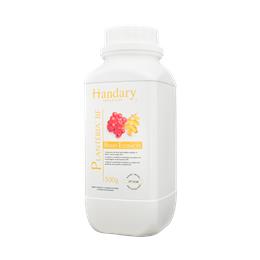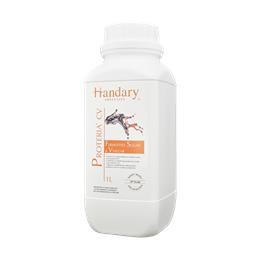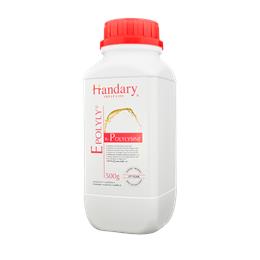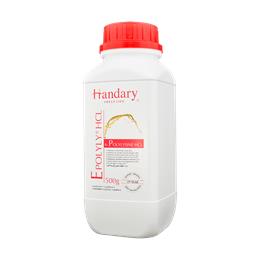Description
A ready-to-eat meal is a type of food that is fully prepared and requires no further cooking or preparation before consumption. These meals are often pre-packaged and can be found in grocery stores, convenience stores, and vending machines.
Ready-to-eat meals are designed to be convenient for consumers who may not have the time or resources to prepare a meal from scratch. They can be eaten cold or hot, depending on the product, and may come in a variety of forms such as sandwiches, salads, soups, pasta dishes, and more.
Yeasts & Molds
Yeasts and molds can also be present in ready-to-eat meals, particularly if the meal contains ingredients that are prone to fungal growth, such as fruits, vegetables, breads, and cheeses. In some cases, yeasts and molds can cause spoilage of the food, resulting in off-flavors, odors, and visual changes such as discoloration and surface growth.
While some yeasts and molds are harmless, others can produce toxins that can cause foodborne illness in humans. For example, some species of Aspergillus and Penicillium molds can produce mycotoxins, which can cause liver damage, cancer, and other health problems in humans.
Overall, while yeasts and molds can be a potential issue in ready-to-eat meals, manufacturers and consumers can take steps to minimize the risk of contamination and ensure that the product is safe and of high quality.
Gram-Positive and Gram-Negative Bacteria
Both Gram positive and Gram negative bacteria can potentially be present in ready-to-eat meals, as these products often contain a combination of different ingredients and can be subjected to various processing and handling steps that can introduce bacterial contamination.
Gram positive bacteria such as Staphylococcus aureus and Bacillus cereus are commonly associated with foodborne illnesses in ready-to-eat meals, as they can produce toxins that can cause gastrointestinal symptoms such as nausea, vomiting, and diarrhea.
Gram negative bacteria such as Salmonella and Escherichia coli (E. coli) are also a concern in ready-to-eat meals, as they can cause severe gastrointestinal infections that can lead to hospitalization and even death.
Overall, while both Gram positive and Gram negative bacteria can potentially be present in ready-to-eat meals, manufacturers and consumers can take steps to minimize their risk of exposure to bacterial contamination by implementing proper handling and processing procedures, and using good hygiene and storage practices.
 English
English 简体中文
简体中文 Français
Français Español
Español



